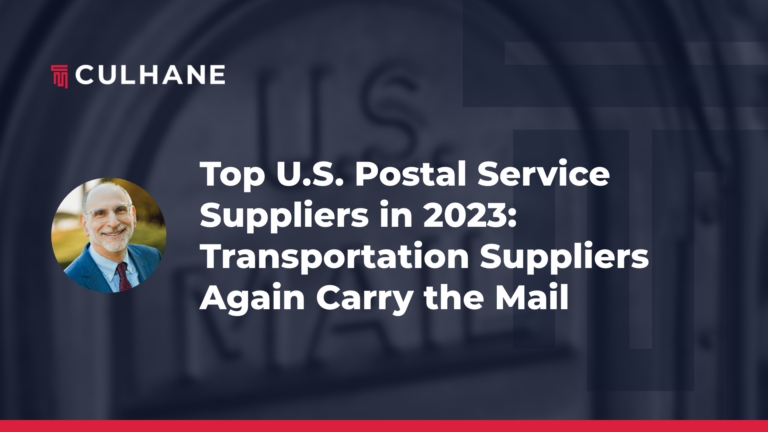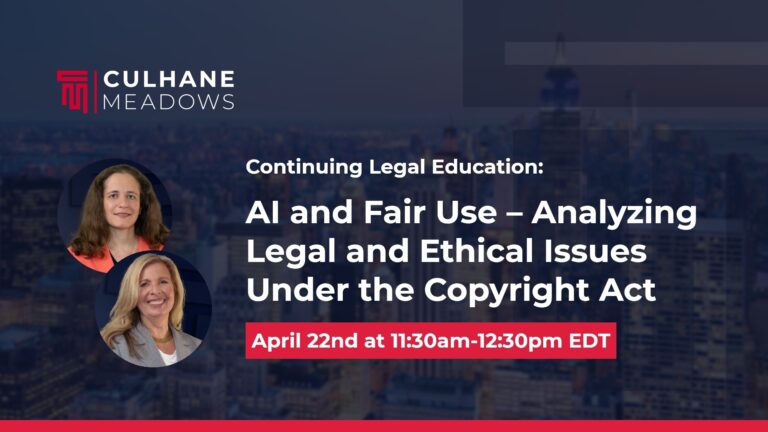 Richard Grant, a partner in Culhane Meadows’ Dallas office, was recently interviewed by Texas Lawyer for a newsletter article about supply chain disruptions caused by the COVID-19 outbreak creating a demand for corporate bankruptcy attorneys.
Richard Grant, a partner in Culhane Meadows’ Dallas office, was recently interviewed by Texas Lawyer for a newsletter article about supply chain disruptions caused by the COVID-19 outbreak creating a demand for corporate bankruptcy attorneys.
Here are some excerpts from Richard’s interview:
Commercial litigators are going to be fielding a lot of calls.
Like Stephanie Curtis, Richard G. Grant, a partner and bankruptcy chair at Culhane Meadows in Dallas, said he anticipates that the supply chain disruptions caused by the coronavirus outbreak will be huge for corporate bankruptcy attorneys.
“People are not going to be able to meet their debts and they’re going to be looking for solutions,” Grant said.
“And if there are enough zeroes involved, Chapter 11 can help everybody. I think bankruptcy is really about letting everybody face economic reality, and I think we have a new economic reality coming,” Grant added.
But first will come the breach-of-contract battles, Grant said.
…
Questions You Should Be Asking (If You’re Considering Filing a Breach of Contract Suit):
Per Grant:
-
- Have you brought out your contract and read it? If so, have you looked at the big picture of why you are not getting paid as opposed to breach of contract? If they’re an insurance company, that’s one thing if you’re suing them for breach of contract because the reality is they shouldn’t have breached it. In a perfect world, nobody breaches a contract.
- Have you thought about what the core issue is? For instance, did the other side breach because they wanted to and were intentionally trying to harm you or are they in the same pickle as you are in?
- Will suing somebody yield any cash flow? Damage is being done to the country and we all have to deal with it.
The complete article can be found here.
The foregoing content is for informational purposes only and should not be relied upon as legal advice. Federal, state, and local laws can change rapidly and, therefore, this content may become obsolete or outdated. Please consult with an attorney of your choice to ensure you obtain the most current and accurate counsel about your particular situation.









